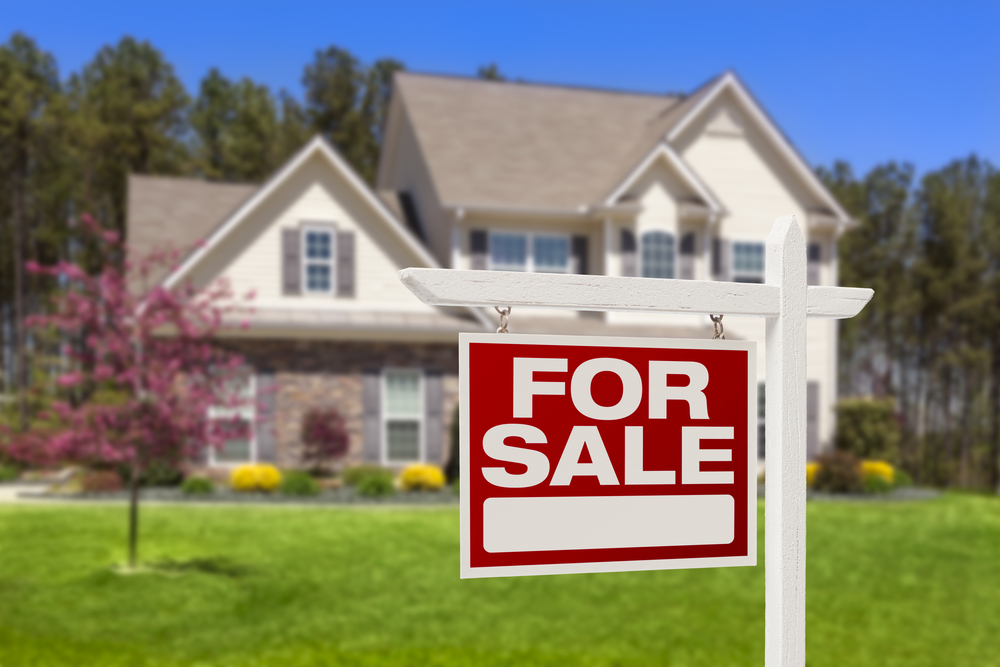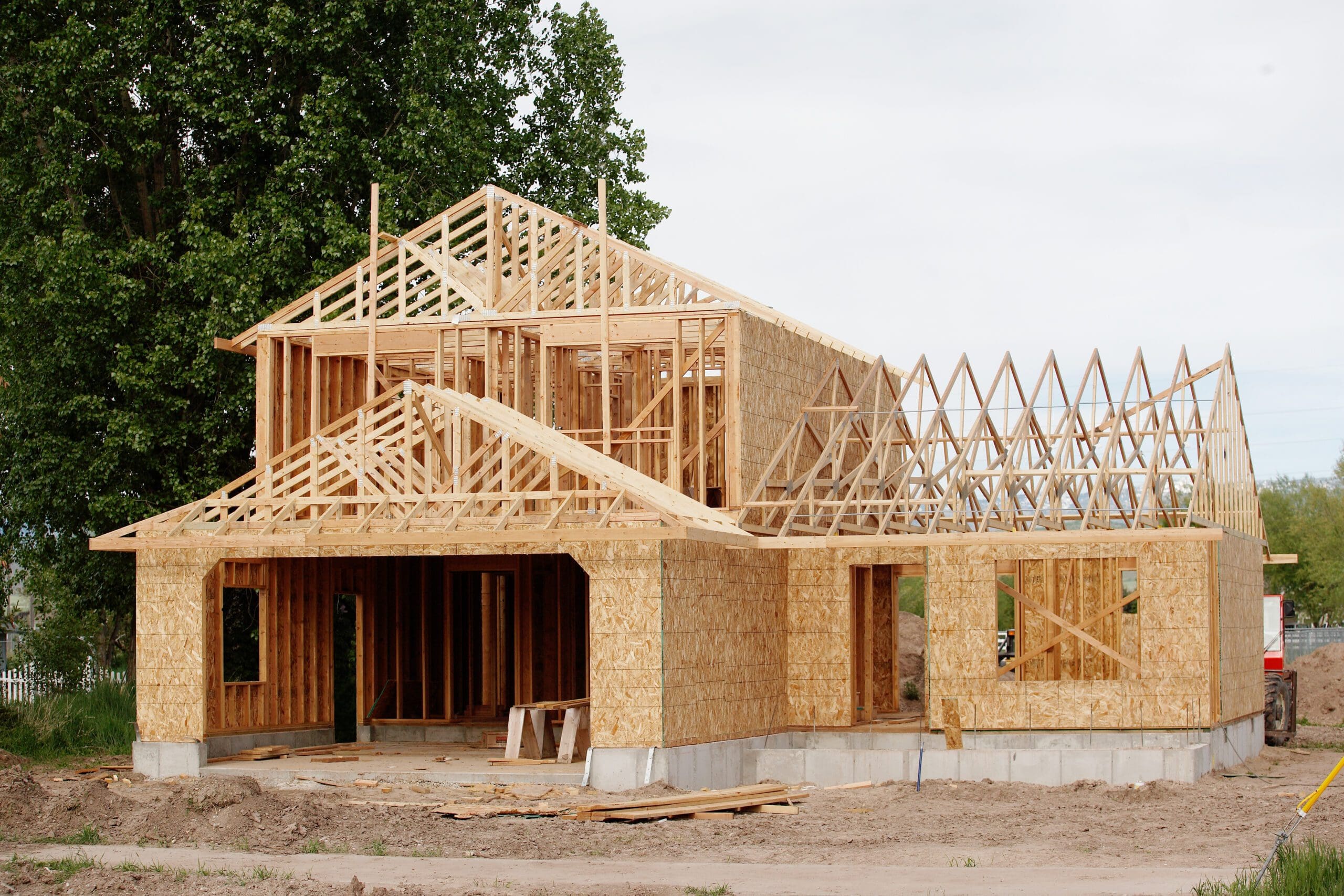What to Know Before





Step into your dream home with confidence.






Kicking off your mortgage journey is simple and stress-free with our team right by your side every step of the way.
Explore different mortgage loan and payment options using our calculators—designed for easy comparisons and financial clarity.
Contact a local mortgage expert to learn more about our personalized mortgage options and rates to help you make the best decisions for your needs.
Fees vary according to the details of your loan. The average borrower will pay between 2% and 5% of the loan amount in various closing costs and prepaid expenses when they close on a mortgage. If applicable, the fees you will pay are outlined in your Loan Estimate that your lender is required to provide within 3 days of your application. Be sure to review the loan estimate carefully and ask questions if there is something you do not understand. Examples of typical closing costs and prepaid expenses include:
Closing is typically held at the office of the real estate attorney you have chosen, unless scheduled otherwise. Some states permit “mail away” – or “mail out” – closings. If you’re able to obtain a “mail away” closing, your Real Estate Attorney will send you the documents using overnight delivery.
Right By You Mortgage requires an appraisal inspection, also referred to as an appraisal, on conventional mortgages. Government funded loans (e.g. FHA, VA, and USDA) have other requirements depending on property type. However, we strongly recommended that you obtain a home inspection and make your purchase offer contingent on the findings of the inspection.
You will need to gather information about your income, assets, liabilities, and property details. Your lender may request specific information based on your personal situation and type of loan, but, in general, you should at least gather the items below:
Points (also called Discount Points) are fees that lenders charge to allow borrowers to reduce the interest rate on their mortgage over the life of the loan. When you pay points you are offered rates lower than the market allows that day. So, you may be able to save a significant amount of money over the life of the loan if you consider this option, but choosing this option will increase your closing costs. One point equals one percent of the loan amount. On a $100,000 loan, one point is $1,000. There is no requirement to pay discount points; whether or not you decide to pay points is completely up to you.
Connect with a local mortgage loan officer to learn more about our competitive rates.
An ARM is a loan with an interest rate that is consistent for the first few years, then adjusts from time to time. Common ARM terms are 7/1 or 5/5, but others are often available. As an example, a 7/1 ARM offers the initially agreed upon rate for the first 7 years. Then, the interest can change every one year based on rates at that time.
A home equity loan is a second mortgage. You receive the total amount of the loan up front and make fixed payments until the loan is paid in full. A home equity line of credit has flexible terms. You can access your money anytime and re-borrow up to your limit as it is paid back.
A cash-out refinance is when you refinance your mortgage for more than you owe and convert the excess equity to cash. To be eligible to do a cash-out refinance, you usually need at least 20% equity in the home.
For example, if your home is worth $250,000 and you owe $150,000 on your mortgage, you could get up to $50,000 in cash if you refinance with a “cash out” refinance. The cash could be used for a renovation, debt consolidation, etc., but there are no lender restrictions on how you use the money you receive.
There are multiple options for 100% financing including VA loans, USDA loans, and our 100% Home Loan program.
A VA loan is guaranteed by the Veterans Administration and offers 100% financing to honorably discharged veterans, active duty personnel and their families.
A USDA loan is insured by the US Department of Agriculture and provides 100% financing on “rural” properties. This is not just for farm properties however. Many communities just outside of large markets are defined as “rural” by the USDA and qualify for this type of loan. Click here to see if your property is eligible.
A 100% Home Loan is an adjustable-rate mortgage program that offers you flexibility when you are buying a home by allowing you to finance up to 100% of the purchase price.
Please note that while these programs both offer 100% financing, there are many factors that will determine your eligibility to qualify for these programs. Please reach out to one of our loan officers for more details.
Currently the Fidelity Bank, dba Right By You Mortgage doesn’t offer any down payment assistance options. However, there are many down payment assistance programs available through various state, city, and federal agencies. You’ll want to talk to one of our loan officers to decide if these options make sense for your situation.
There are many options to choose from. Contact one of our loan officers to help you decide which option is best for you.
If your loan is sold, Right By You Mortgage will send you a transfer of servicing letter. The letter will explain the transfer, who your new servicer is, and when your next payment is due.
A title insurance policy protects a lender and/or homebuyer (only if homebuyer purchases a separate policy, called owner’s coverage) against any loss resulting from a title error or dispute.
Mortgage insurance is required if you have less than 20% equity (or down payment) in your home and protects the mortgage lender from losses if a customer is unable to make payments and defaults on the loan.
A homeowners insurance (or hazard insurance) policy covers loss from damages to your home, your belongings and accidents as outlined in your policy.
PMI is insurance that protects the lender in the event that you default on your loan. It’s arranged by the lender and provided by private insurance companies. PMI is usually required when you have a conventional loan and your downpayment is less than 20% of the home’s purchase price. If you’re refinancing with a conventional loan and your equity is less than 20% of the value of your home, PMI is also usually required.
An escrow account is a separate account that you fund each month as part of your total monthly mortgage payment. The funds that are collected are used to make property tax and homeowners insurance (hazard insurance) payments on your behalf. Additionally, premiums due for mortgage insurance and flood insurance will also be paid from the escrow account, if applicable for your loan terms.
Any conventional loan with less than a 20% down payment and/or equity in the home is required to escrow for property taxes and homeowners insurance. Also, all government loans require escrow. Escrow will be included in your monthly mortgage payment.
For more information regarding payoff, call Right By You Mortgage at 1-877-552-2242, option 4 or contact your local mortgage loan officer.
There are multiple ways to make a principal-only payment:
You can find your mortgage payment amount on the payment slip that is provided in your closing documents. If you have a portfolio mortgage with Right By You Mortgage, you can also find your payment amount on your monthly mortgage statement.
Payments on fixed-rate mortgage typically don’t change unless you have an escrow account included in your monthly payment. An escrow account includes funds to cover your annual tax and homeowner’s insurance payment. As these items change, the amount needed to cover these costs may change. If these costs increase, you can opt to have your future payment adjusted to cover the difference or pay the difference in full to maintain the lowest possible payment.
If you have an adjustable-rate mortgage, your rate can change up or down after the initial fixed-rate term ends depending on market conditions. This will make your monthly payment increase or decrease.
The date the funds are deducted from your account is dependent on the payment method you select:
Yes, you can change or cancel your automatic payments by contacting Right By You Mortgage at 1-877-552-2242, option 4. If you’re enrolled in automatic payments with another bank’s bill payment service, please reach out to that provider to cancel or change the service.
LTV is a comparison between the appraised value of the home that you want to purchase or refinance and the amount of your mortgage loan. This figure, usually expressed as a percentage, helps lenders determine how much risk they’re potentially taking on and what loans you’re eligible for based on the size of your down payment or the amount of equity that you have in a home.
DTI is the percentage of your gross monthly income that goes toward paying housing and debts. It is one way that mortgage lenders measure a borrower’s ability to manage monthly payments and repay debts.
A credit score attempts to give insight into a borrower’s credit history with a single number and helps lenders analyze the borrower’s ability to take on additional debt, such as a mortgage. Below are a few factors that contribute to your credit score:
To access the equity in your home you can obtain a home equity loan, home equity line of credit, or a cash out refinance. These types of loans can be used for unexpected expenses, consolidating debt, home improvements, education expenses, and even vacation expenses.
By federal law, you are entitled to receive a free credit report every 12 months from each bureau. You may obtain this free report from Annual Credit Report. This website is authorized by the government to provide free credit reports. You may also contact one of the three bureaus.
You can improve your score over a period of time using the following guidelines:

